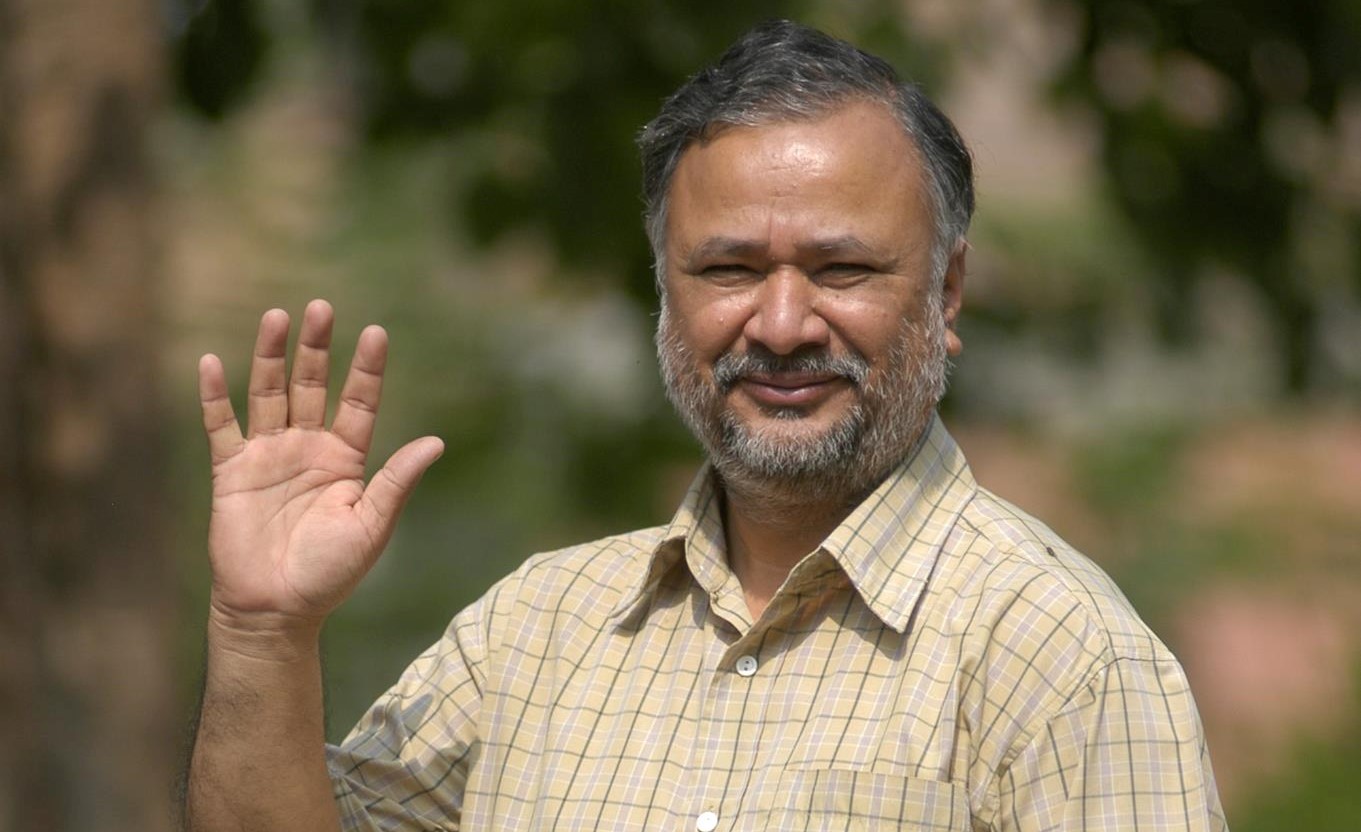Nepali Congress is set to become the largest party at the local level, with the main opposition CPN-UML relegated to a distant second position, followed by CPN (Maoist Center). Kamal Dev Bhattarai of ApEx talks to senior UML leader Raghuji Pant on local poll results and his party’s plans.
How does the UML evaluate local-election results?
We had expected to emerge as the largest party from the May 13 elections, albeit with a narrow margin. That did not happen. We were mindful that a split in our party and formation of the five-party electoral alliance could affect our performance. But as the UML had contested the local elections of 1999 and 2017 alone and still emerged as the largest party, we still hoped to retain our strength. But this election’s results have forced us into a rethink.
What other factors could have affected the results?
Like I said, there is a need for a review of the election results inside the party. Again, the alliance among the five ruling parties affected our chances. But I am hearing from across the country that there were internal reasons too. There are questions about the UML not being able to mobilize its organization and strength. Similarly, there are also doubts about whether we were able to provide fair chances to all party leaders. We have to discuss and analyze whether we paid sufficient attention and did enough homework while selecting candidates. But election results do show that our performances in Madhes have improved.
There have also been rumors of ‘intra-party’ betrayal.
I am not aware of such an incident, and I don’t know the situation of our party across the country. The primary factors behind UML’s poor election performance, as far as I can say, were the party split and the five-party alliance.
Will this election’s outcome lead to the formation of another left alliance?
In my view, two alliances will likely emerge in Nepali politics. The UML will lead one alliance and the Nepali Congress will lead another. Under our current electoral system, the chances of any one party getting a majority on its own are slim. In the previous elections, the erstwhile Nepal Communist Party received the majority of votes, but we failed to maintain the UML-Maoist Center unity. So I highly doubt that the upcoming elections will see that alliance’s revival. My personal view is that any political alliance should be based on ideology, policy, and concrete programs.
It is obvious that if a left alliance were to be formed, it should be under the UML, which is the largest left force. But the current political circumstances are not favorable. The Pushpa Kamal Dahal-led Maoist Center and Madhav Kumar Nepal’s CPN (Unified Socialist) are against UML. In this scenario, a left alliance seems unlikely in the near future.
I think the UML should be prepared to contest upcoming elections alone. If it gets a majority it should form a government, if not, it should be ready to play the role of a responsible opposition. In the meantime, the party should also continue its efforts to forge a left alliance.
Do you think a broad left alliance is a necessity?
The local-level election results clearly show the necessity of forging a left alliance on the basis of ideology, policy, and programs. We want such an alliance but the circumstances are not favorable right now. I am always in favor of an alliance based on a solid ideology and program. And the largest party should lead such alliances. But we are not following such a principle. Our politics went out of track soon after the restoration of democracy in 1990. After 1991, there was a sharp contradiction between the UML and Congress. What went wrong is that the UML aligned with Lokendra Bahadur Chand’s Rastriya Prajatantra Party, which had just 10 seats in the 205-member Parliament. The Nepali Congress, meanwhile, aligned with the Surya Bahadur Thapa-led faction of the Rastriya Prajatantra Party, which had even fewer seats in parliament.
They were unprincipled coalitions, and weakened parliamentary democracy. We should not repeat such mistakes.
Like Chand and Thapa after 1990, Pushpa Kamal Dahal has become a key character in fomenting political instability. He keeps changing camps. There should be alliances but all issues should be cleared before the elections. For instance, if an alliance led by UML wins, UML should be allowed to form a government under its leadership. In the same vein, if the Congress-led coalition wins, it should lead the government. This issue should be cleared before forming an alliance. UML and Congress should not repeat the past mistake by putting fringe parties at the core of their alliances.











